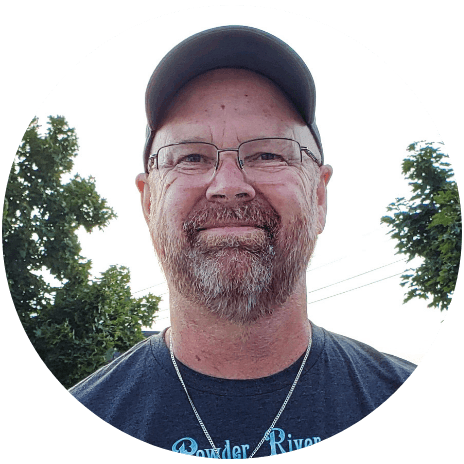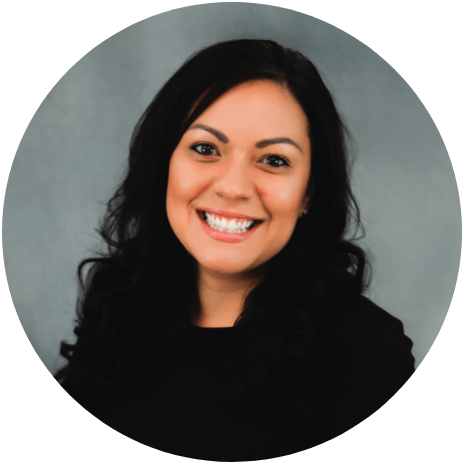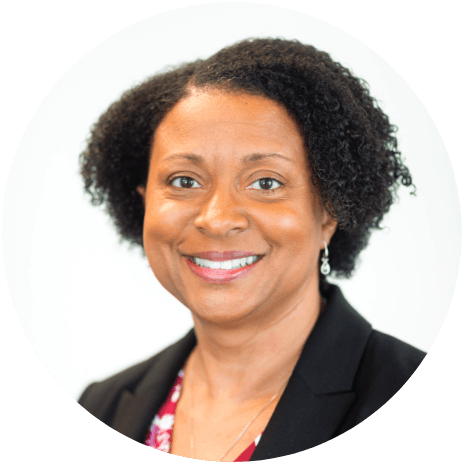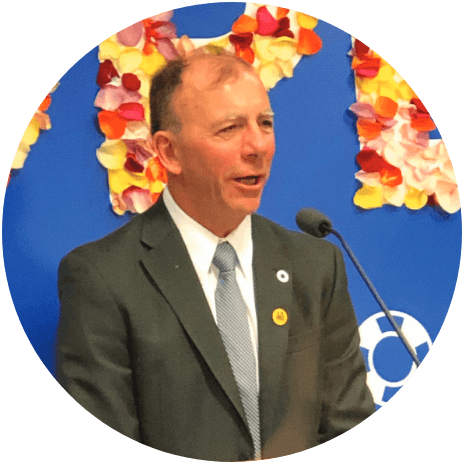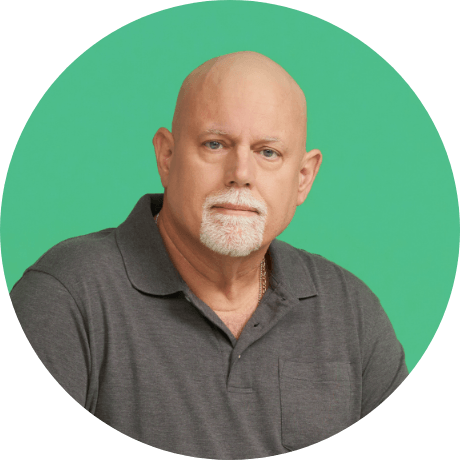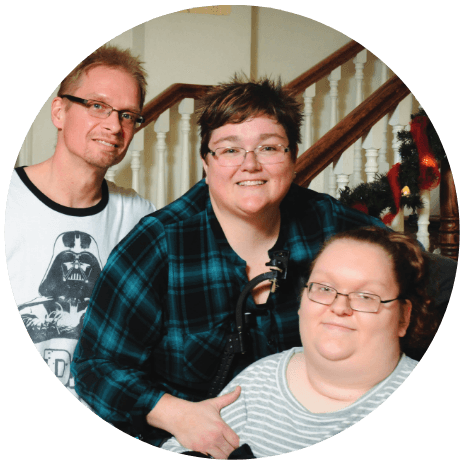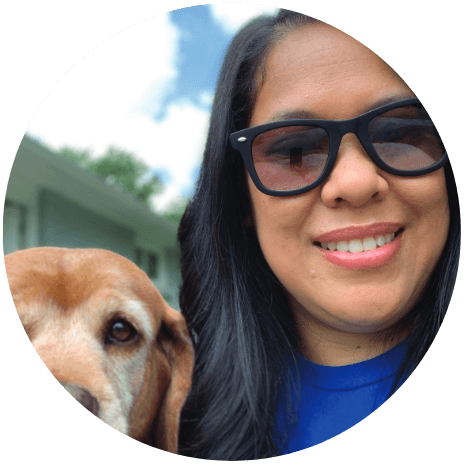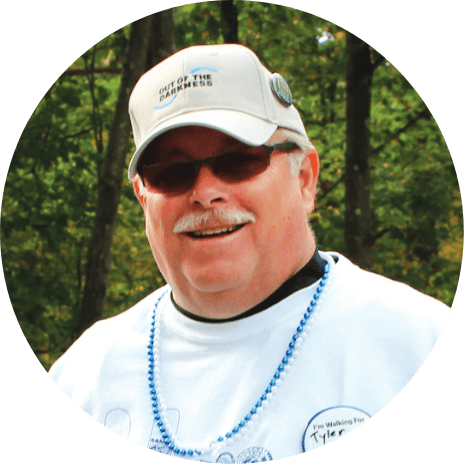Community
No one is alone in this journey. Through the work of our volunteers and staff in communities across the nation, one conversation at a time, the movement to create a world without suicide is growing. We know this is a fight we can win.
No one is alone in this journey. Through the work of our volunteers and staff in communities across the nation, one conversation at a time, the movement to create a world without suicide is growing. We know this is a fight we can win.
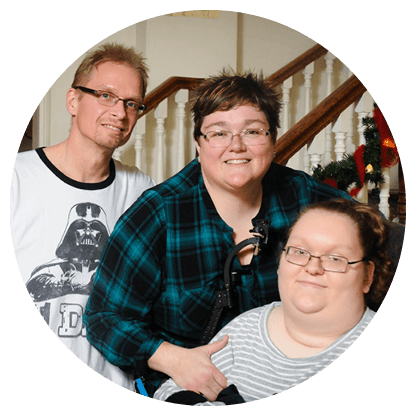
“I knew from my first Walk that the people I met were my family.”
Amy Reed had never heard of AFSP until she lost her best friend Terri in 2011. In Fall 2011, she volunteered in the Omaha Out of the Darkness Community Walk. The interactions Amy had with people had a profound effect on her. Amy then joined the chapter’s board and helped grow the Omaha Walk from just over 1,500 participants to nearly 5,000 in 2019.
Organizing walks are not without challenges. Due to a renovation, a new location had to be found for upcoming events, with Amy leading the way in organizing logistics, toiling over maps, parking, and other details. But that wasn’t all. Three weeks prior to a recent walk, just as Amy’s daughter, who lives with quadriplegia, had to be hospitalized, the company supplying tents, tables, chairs, the stage, and truck rental went out of business. With the help of family and other volunteers, Amy not only conquered these obstacles, but boosted the scale of business donations by creating a fundraising partnership committee, helping the walk to raise almost $200,000, which will go toward our many programs and efforts.
“I knew from my first Community Walk that the people I met were my family, my tribe, my source of inspiration. The walks give people a space to feel safe — to openly grieve, while fighting for the cause. Organizing the walk is an absolute honor. It’s not only healing for the now thousands of people who attend, but it’s also healing for me. There’s a strength in being open and vulnerable in our grief. Loss isn’t something we get over, but we can grow within it and around it, allow it to be a part of our lives, and inspire and teach other people with our experiences.”
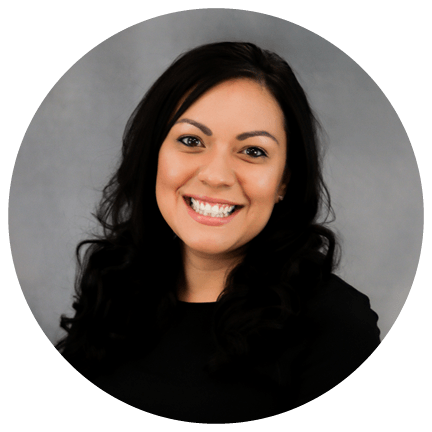
“I am a firm believer that education is power.”
As a suicide attempt survivor who has also lost friends and family, Natalia Chimbo-Andrade’s personal story is what motivates her as a board member of our Arizona chapter. This year, Natalia was instrumental in spreading education to diverse audiences in her community, through programs like Talk Saves Lives, It’s Real: College Students and Mental Health, and More Than Sad, including Spanish language presentations, in school, hospital and workplace settings, as well as to state political representatives, to better inform them so they are equipped to help their constituents.
“It’s important to inform the public about warning signs and risk factors, as well as the impact suicide leaves on a community. I hope to inspire and motivate others to create a suicide-safer community. Hearing how our efforts impact others gives me hope that we are getting closer to putting an end to suicide!”
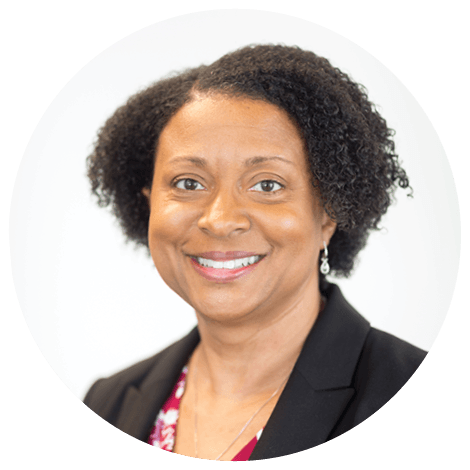
“I feel the impact of unspoken beliefs rooted deeply within my community.”
Markita Madden-Puckett made a significant contribution to suicide prevention this year by creating an important dialogue with the black and international community (largely Hispanic-Latino) in the rural area of Virginia in which she lives. Markita sought out opportunities to engage with diverse audiences by partnering with the NAACP, and through events such as the African American Festival, Pride Festivals, and International Festival in the Shenandoah Valley.
Markita, who lost her father and two brothers to suicide, sees her mission as breaking down barriers, and starting and keeping conversations going in communities that do not readily discuss suicide and mental health.
“As a volunteer for AFSP, I feel the impact of unspoken beliefs rooted deeply within my community, in which many feel they cannot openly admit that mental health struggles are real. Our message of prevention has to be both culturally aware and culturally sensitive. I’ve found that having one-on-one interactions in which I share my personal story can lead to wonderful moments of connection.”
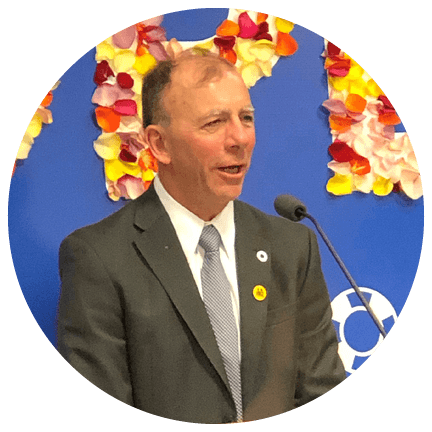
“AFSP Advocacy can transform hope into reality.”
Steve Moore lost his son, Paul, to suicide in 2006. He has since devoted himself to the cause of suicide prevention, particularly in the form of advocacy, as the co-chair and public policy chair of our Illinois chapter, as well as serving on AFSP’s National Public Policy Council.
This year, Steve drafted a bill that made suicide prevention the responsibility of the Illinois Department of Public Health, and added the Zero Suicide model for health care to the state’s suicide prevention plan. In addition to testifying before Senate and House committees and leading a letter-writing campaign to legislators, Steve organized the chapter’s State Capitol Day around the bill. Visitors to the State Capitol Building placed rose petals in memory of those who died by suicide on a large board with the word HOPE that was set up on the first floor. “The HOPE board was a positive way to raise awareness and encourage public participation in our cause,” said Steve.
The bill passed both houses unanimously and was signed by the Governor. Steve concluded, “Because suicide prevention will now be a line item in the state budget, our future advocacy can focus on increasing state funding for suicide prevention.”
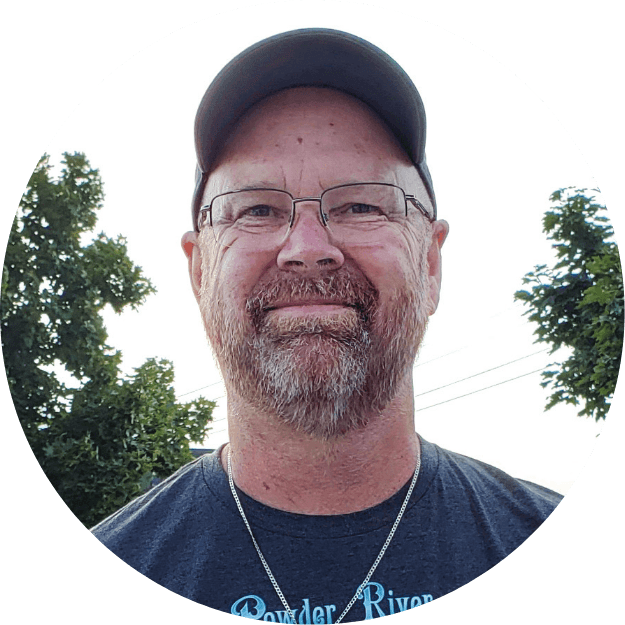
“Why wait to make a difference?”
As the Programs Coordinator at Santiam Correctional Institution, Dan Bielenberg knew that both his co-workers as well as the incarcerated people are particularly vulnerable to suicide, and that suicide is the leading cause of death in jails and prisons. He had also attended a Community Walk held in Salem, Oregon in 2016, and was moved by the experience of seeing so many people walking to bring suicide out of the darkness.
Describing the event to George Skurtu, a trusted adult in custody serving as a prison clerk, he inspired George to respond, “I want to do that when I get out.” Dan’s response to George was, “Why not do it now?”
Under Dan’s guidance, the first ever Out of the Darkness Walk to take place inside a state prison was held at Santiam Correctional Institution. Thanks to Dan’s initiative, six prison walks were held this year in Oregon, each one accompanied by a presentation of the Talk Saves Lives program. Building on this momentum, Dan now speaks at correctional facilities in other states, inspiring others to do the same.
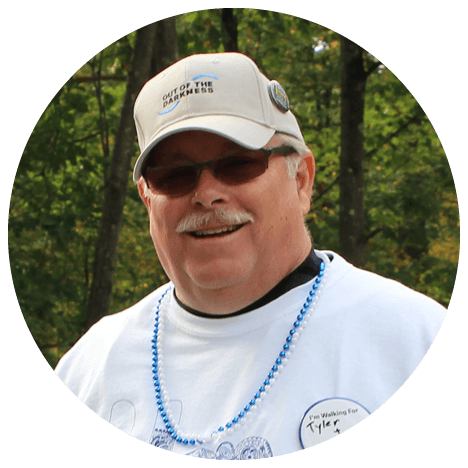
“I’m still healing.”
Tom Steen had been involved in nonprofit work for 30 years before losing his son Tyler to suicide in 2009. Soon after that, he returned from retirement to become Executive Director of the Capital Area Substance Abuse Council (CASAC), where he found his work dovetailing with mental health, and joined Connecticut’s Suicide Prevention Advisory Board. He then became involved with AFSP, recruiting and mobilizing a team of volunteers to found our Northern Connecticut Chapter.
This past year, in addition to overseeing the merger of two chapters, Tom provided suicide prevention training at schools and workplaces, including our More Than Sad program for young adults, and Talk Saves Lives modules addressing firearms safety, and the LGBTQ community.
“I’m still healing,” Tom says of his loss. “If I had just known a little more about suicide prevention when Tyler died, he might still be alive today. My journey of healing has allowed me to speak openly about my loss and offer a message of hope for those who struggle.”
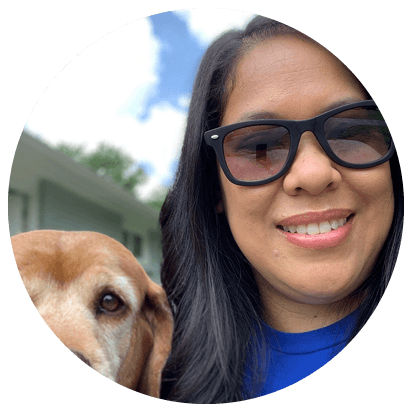
“Sitting with someone in their loss, holding space, has been deeply healing for them and for myself.”
Nikki Scott lost her mother Viola to suicide in December 1999. Moving to Tennessee nine years later, she attended the Music Row Out of the Darkness Community Walk in Nashville, where she met those from her local chapter. Before long, she started the chapter’s Healing Conversations program, then known as the Survivor Outreach Program. She now serves on the Tennessee Board of Directors and the national Loss & Healing Council, as well as co-facilitating a support group for suicide loss survivors. Her efforts in supporting other survivors of suicide loss helped lead the chapter to receive an AFSP award for their International Survivors of Suicide Loss Day work.
“Survivors of suicide loss are where my heart is. When I talk to survivors, it’s like I can hear an unspoken message between all the words: one that only fellow survivors can understand. Every minute I spend working with AFSP is healing for me. The work I do with AFSP, helping others, is part of my mom’s legacy. I do the work in her honor.”
Angela Drake discusses how, after losing her daughter Brittany, she’s worked to educate her community about suicide prevention.
Read more about Angela: I’m Going to Save One Kid, Because I Lost Mine
Dimple Patel speaks about her hesitancy to share that she had lost her mom to suicide, and her journey to a deeper understanding.
Read more about Dimple: Nobody talked about it, not even in my family.
James Purvis shares how his own experience has informed his efforts to communicate with men about the need to confront tough emotions.
Read more about James: Strength Meets Vulnerability
Wykisha McKinney shares her story of finding support after the loss of her brother.
Read more about Wykisha: The Front of the Line

In addition to completing Talk Saves Lives training, student Victoria Gonzalez created the first Campus Walk at New York’s Pace University. Victoria explains how her involvement with an Out of the Darkness Community Walk led her to start a Campus Walk at her college, and join her local chapter: Taking a First Step Toward Understanding

